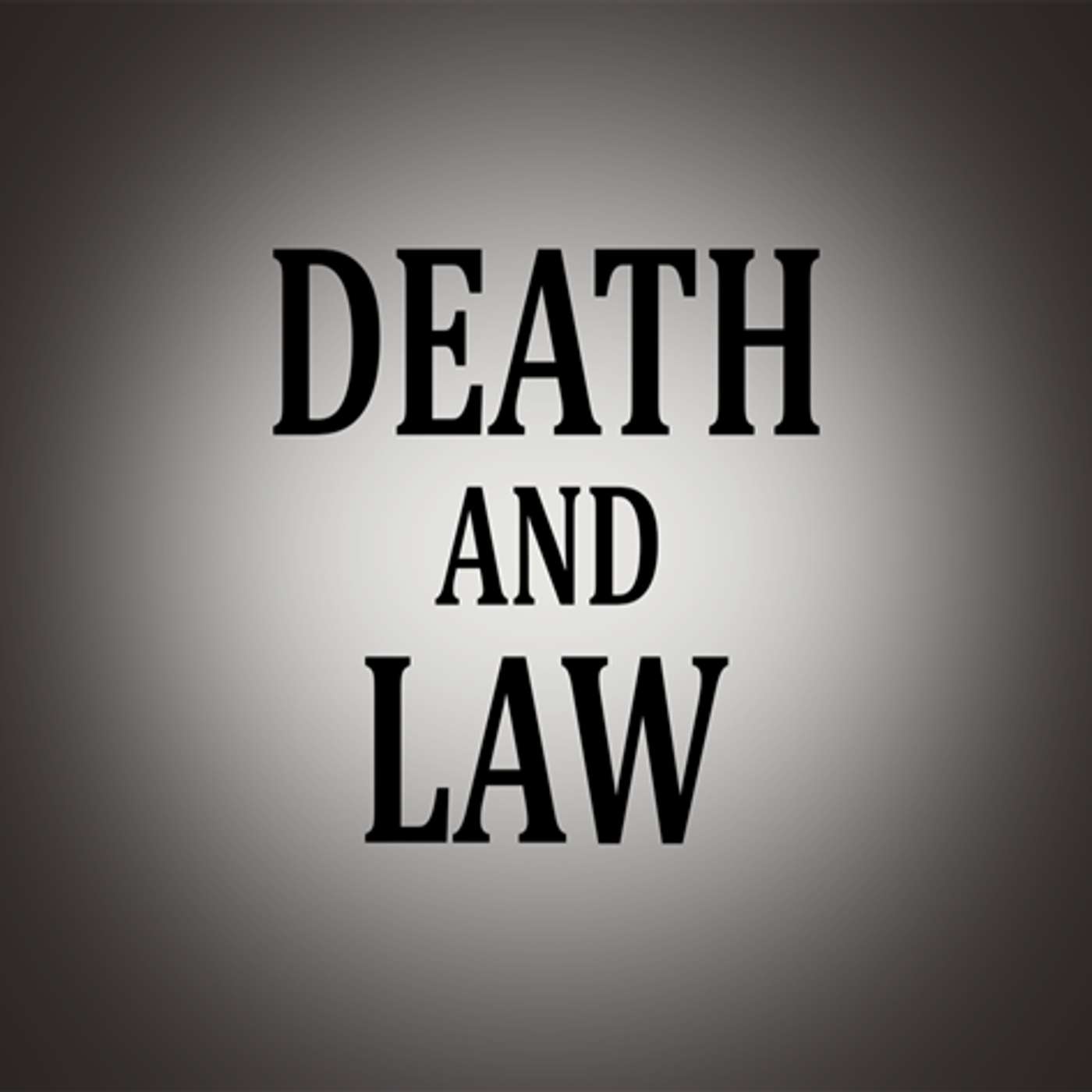Death and Law

Death and Law
Podcast Description
This podcast explores death and law from a rich variety of disciplinary perspectives, including law, anthropology and philosophy. The podcast explores such issues as buried goods, data protection, dignity and memory. It forms part of a broader project in the University of Aberdeen's School of Law entitled, 'Death and Law – Interdisciplinary Explorations' and is generally sponsored by the Aberdeen Humanities Fund Staff Research Award 2024.
Podcast Insights
Content Themes
The podcast covers topics such as grave goods, human remains, and the legal, moral, and social implications surrounding death. Specific episodes focus on historical grave goods practices in Scotland and the contemporary treatment of human remains within museums, legal contexts, and healthcare settings, blending insights from law, anthropology, and philosophy.

This podcast explores death and law from a rich variety of disciplinary perspectives, including law, anthropology and philosophy. The podcast explores such issues as buried goods, data protection, dignity and memory. It forms part of a broader project in the University of Aberdeen’s School of Law entitled, ‘Death and Law – Interdisciplinary Explorations’ and is generally sponsored by the Aberdeen Humanities Fund Staff Research Award 2024.
Abstract
In this episode, we explore the emerging world of technologies that allow individuals to continue existing in digital form even after death. From grief bots and posthumous avatars to AI-enabled holograms, we examine how people are preserving voices, memories, and personalities through the use of artificial intelligence.
Typically, these digital personas are built from multimodal data, including voice recordings, videos, photos, written texts, and social media footprints, collected during a person’s lifetime. After death, this data is used to simulate responses, expressions, and even personality traits. The resulting avatars can appear eerily lifelike, engaging in conversations that feel authentic, even when discussing topics the deceased never directly addressed during their lifetime.
Dr Leah Henrickson, Lecturer in Digital Media and Cultures at the University of Queensland, Dr Anna Puzio, Researcher at the University of Twente and UC Berkeley, and Dr Patricia Živković, Senior Lecturer in Law at the University of Aberdeen, unpack pressing ethical, legal, and social questions raised in this rapidly evolving field.
Whether viewed as comforting, uncanny, or controversial, these technologies are redefining our perspective on mortality and remembrance. Join us as we navigate the blurred lines between life, death, and the digital beyond.
Death & Law – Interdisciplinary Explorations | School of Law | The University of Aberdeen
Biographies
Dr Leah Henrickson
Dr Leah Henrickson is Lecturer in Digital Media and Cultures at the University of Queensland. She is the author of Reading Computer-Generated Texts, published by Cambridge University Press (2021), and other peer-reviewed articles on how we understand text generation systems and output, artificial intelligence, and digital media ecosystems. Dr Henrickson also studies digital storytelling for critical self-reflection, community building, and commercial benefit, and is the author of Digital Storytelling: An Introduction, published by Polity (2025).
Link to profile: https://communication-arts.uq.edu.au/profile/7352/leah-henrickson
Dr Anna Puzio
Dr Anna Puzio is a researcher at the University of Twente in the Netherlands and the University of California, Berkeley, USA. Before these positions, Dr Puzio worked in Frankfurt am Main, Vienna, Oxford, and Cambridge. Dr Puzio works at the intersection of ethics, emerging technologies, and the human-nonhuman relationship — including religion and AI — and is part of the Dutch research programme on the Ethics of Socially Disruptive Technologies. Dr Puzio studied Catholic theology, German studies, and philosophy in Münster and Munich, and received her doctorate from the Munich School of Philosophy in the doctoral program on the anthropology of transhumanism.
Link to profile: https://www.anna-puzio.com/en
Dr Patricia Živković
Dr Patricia Živković is a Senior Lecturer in Law at the University of Aberdeen. Before joining the University of Aberdeen, she served as Head of Legal at an IT company and worked as counsel at a law firm. Her research in the intersection of technology and law primarily focuses on the regulation of biometric data, neurotechnology, and artificial intelligence. She leads the Humanity and AI Research Group at the University of Aberdeen and co-leads the project on ‘Death in Law – Interdisciplinary Explorations’.
Link to profile: https://www.abdn.ac.uk/people/patricia.zivkovic
Additional Resources:
· Henrickson, L. (2023). Chatting with the dead: The hermeneutics of thanabots. Media, Culture & Society, 45(5), 949-966. https://doi.org/10.1177/01634437221147626 (Original work published 2023)
· Puzio, Anna, ‘AI and the Disruption of Personhood’, in Philipp Hacker (ed.), Oxford Intersections: AI in Society (Oxford, online edn, Oxford Academic, 20 Mar. 2025), https://doi.org/10.1093/9780198945215.003.0016,
· Puzio, Anna: When the Digital Continues After Death. Ethical Perspectives on Death Tech and the Digital Afterlife. In: Communicatio Socialis 56/3 (2023), 427–436. https://doi.org/10.5771/0010-3497-2023-3-427. Online: https://www.nomos-elibrary.de/10.5771/0010-3497-2023-3/communicatio-socialis-comsoc-jahrgang-56-2023-heft-3?page=1
· Iglesias, S., Earp, B. D., Voinea, C., Mann, S. P., Zahiu, A., Jecker, N. S., & Savulescu, J. (2024). Digital Doppelgängers and Lifespan Extension: What Matters? The American Journal of Bioethics, 25(2), 95–110. https://doi.org/10.1080/15265161.2024.2416133

Disclaimer
This podcast’s information is provided for general reference and was obtained from publicly accessible sources. The Podcast Collaborative neither produces nor verifies the content, accuracy, or suitability of this podcast. Views and opinions belong solely to the podcast creators and guests.
For a complete disclaimer, please see our Full Disclaimer on the archive page. The Podcast Collaborative bears no responsibility for the podcast’s themes, language, or overall content. Listener discretion is advised. Read our Terms of Use and Privacy Policy for more details.